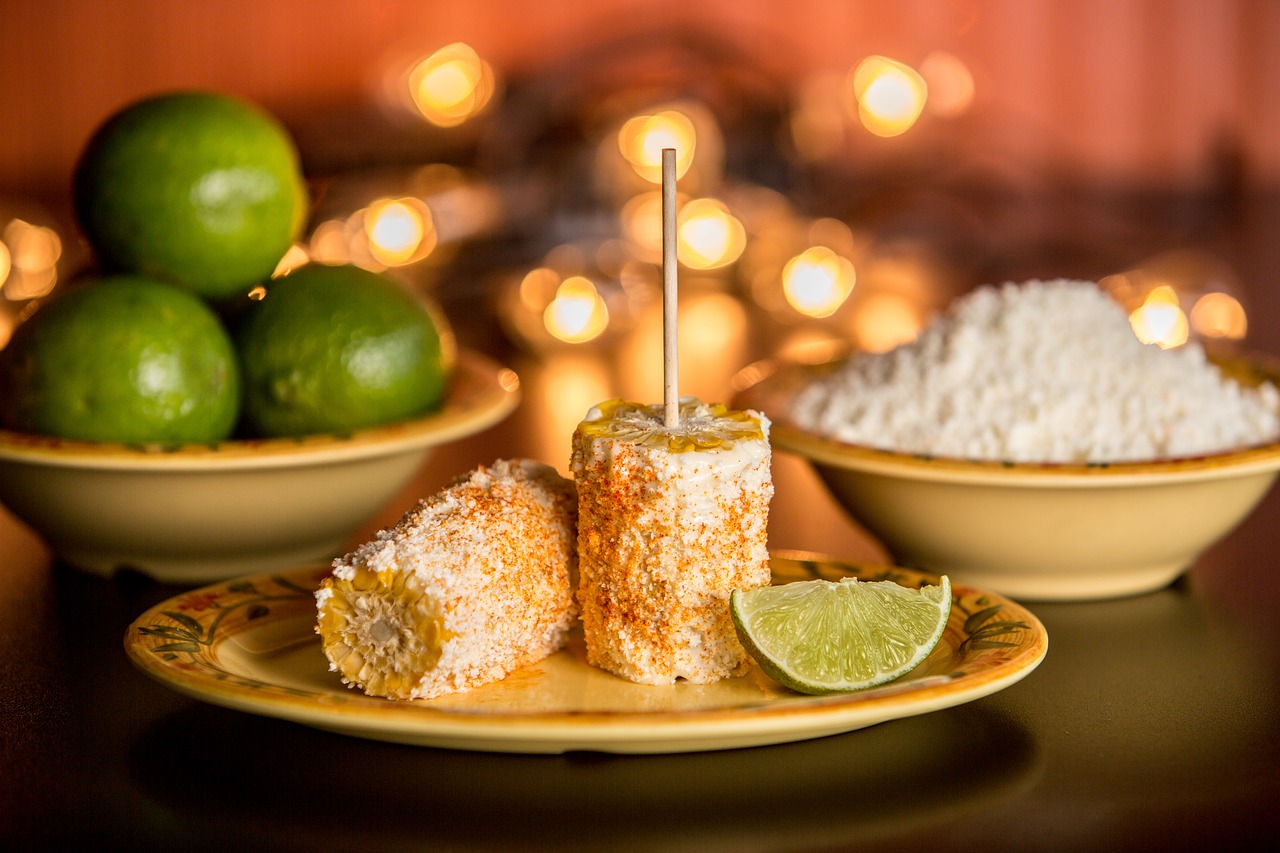Mexican Chilaquiles Recipe
Introduction:
If you’re craving a flavorful and comforting dish, look no further than the Mexican Chilaquiles Recipe. This traditional Mexican dish is bursting with bold flavors and is sure to become a new favorite in your kitchen. Get ready to indulge in a delicious culinary experience with this easy-to-follow recipe!
Origin and History Of This Recipe:
The history of chilaquiles dates back to ancient Mayan and Aztec civilizations, where it was primarily a breakfast dish made with leftover tortillas and salsa. Over time, it has evolved into a popular Mexican comfort food enjoyed for any meal of the day. This dish has become a staple in Mexican cuisine, known for its rich flavors and versatility in ingredients.
Things To Expect In This Post Article:
- A detailed breakdown of the ingredients needed for the Mexican Chilaquiles Recipe.
- Easy-to-follow preparation steps to guide you through the cooking process.
- Information on cooking time, servings, and nutritional value per serving.
- Personal insights and tips to enhance your cooking experience.
- Health conditions and considerations for those who should avoid this dish.
Ingredients List:
- Corn tortillas
- Vegetable oil
- Red or green salsa
- Onion
- Garlic
- Jalapeño
- Cilantro
- Queso fresco
- Avocado
- Lime
Preparation Steps:
- Heat vegetable oil in a skillet and fry the corn tortillas until crispy.
- In a separate pan, sauté onions, garlic, and jalapeño until fragrant.
- Add the salsa and crispy tortillas to the pan, stirring to combine.
- Cook until the tortillas are coated in the salsa and slightly softened.
- Serve hot topped with queso fresco, sliced avocado, fresh cilantro, and a squeeze of lime.
Cooking Time & Servings:
Total cooking time: 30 minutes
Servings: 4-6
Personal Touch:
Chilaquiles hold a special place in my heart as a dish that reminds me of family gatherings and vibrant flavors. The combination of crispy tortillas, spicy salsa, and creamy avocado never fails to transport me back to the streets of Mexico City.
Nutritional Information:
- Calories per serving: 350
- Fat: 18g
- Protein: 8g
- Carbohydrates: 40g
- Fiber: 6g
Health Conditions And People To Avoid This:
Those with gluten intolerance should avoid this dish due to the use of corn tortillas. Additionally, individuals with tomato allergies should steer clear of the salsa in this recipe.
Nutrition and Benefits To The Body:
The avocado in this dish is rich in healthy fats and fiber, while the tomatoes in the salsa provide a dose of antioxidants and vitamin C. The corn tortillas offer complex carbohydrates for sustained energy.
Disadvantages:
Excess consumption of queso fresco may lead to high cholesterol levels due to its saturated fat content. Eating moderately is perfectly fine, but acquiring excess of this nutrient is harmful.
Tips and Tricks:
For a healthier twist, use baked tortilla chips instead of fried corn tortillas. You can also customize this dish with your favorite protein, such as shredded chicken or black beans.
Equipment Needed:
- Skillet
- Pan
- Knife
- Cutting board
- Mixing spoon
Variations or Substitutions:
For a vegetarian option, omit the queso fresco and add extra avocado for creaminess. You can also use a store-bought salsa verde for a different flavor profile.
Serving Suggestions:
Enjoy your chilaquiles with a side of refried beans or a fresh fruit salad for a balanced meal. Pair it with a margarita or agua fresca for a festive touch.
Storage and Reheating Instructions:
Store any leftovers in an airtight container in the refrigerator for up to 2 days. To reheat, simply microwave the dish until warmed through and enjoy!
Conclusion:
I hope you’re inspired to try this delicious Mexican Chilaquiles Recipe in your kitchen. Share your creations on social media and tag us for a chance to be featured. Happy cooking!
Frequently Asked Questions (FAQs):
Q: Can I use store-bought tortilla chips instead of frying my own?
A: Yes, store-bought tortilla chips can be used as a time-saving alternative for this recipe.
Q: Is this dish spicy?
A: The level of spiciness can be adjusted based on the type of salsa and jalapeño used. Feel free to customize to your taste preferences.
Q: Can I make this dish ahead of time?
A: While chilaquiles are best enjoyed fresh, you can prepare the components ahead of time and assemble them just before serving for optimal texture.
Q: What can I serve with chilaquiles?
A: Chilaquiles pairs well with a side of refried beans, sliced radishes, and fresh fruit for a complete meal.
Q: Are there any vegan alternatives for this recipe?
A: To make this dish vegan, omit the queso fresco and use a dairy-free cheese alternative or nutritional yeast for a cheesy flavor.
















